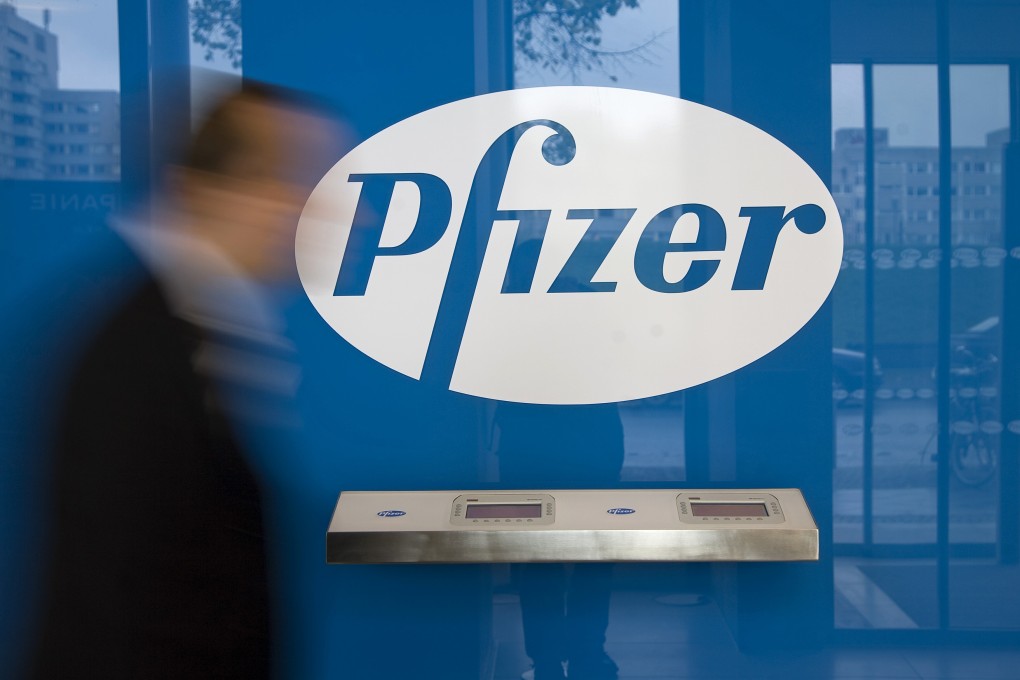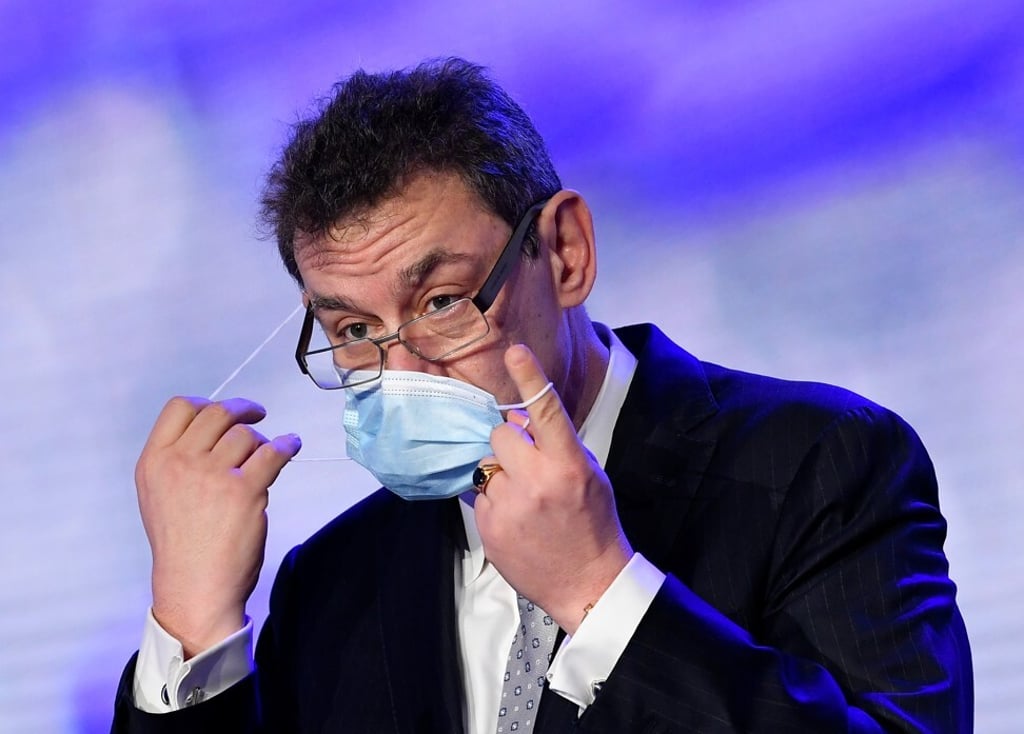Advertisement
Pfizer eyes deal with 90 nations for its Covid-19 pill; Merck in talks with China after UK approval
- Pfizer intends to roll out its Paxlovid pill as soon as possible, and will ensure accessible prices for low-income nations, its CEO says
- Meanwhile, Merck says it’s exploring bringing its Covid-19 pill to China, after the UK approved its drug molnupiravir this week
Reading Time:3 minutes
Why you can trust SCMP
16

Pfizer is in discussions with 90 countries over supply contracts for its experimental Covid-19 pill, which was shown to reduce by 89 per cent the risk of hospitalisation or death in patients at high risk of severe illness.
Chief executive officer Albert Bourla on Friday said Pfizer intended to roll the Paxlovid drug out as soon as possible.
“Our goal is that everyone in the world would be able to have it as quickly as possible,” he said.
Advertisement
Bourla said that for high-income countries, Pfizer expected to price its treatment close to where Merck has priced its own Covid-19 pill.
Advertisement
Merck’s US contract price is around US$700 for a five-day course of therapy.
Advertisement
Select Voice
Select Speed
1.00x
